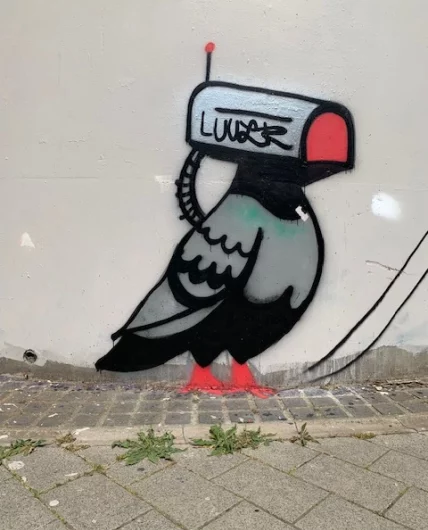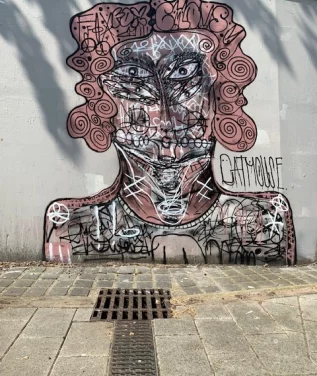
What is anxiety?
Anxiety can manifest in many ways. It is associated with habitual ritualistic or addictive patterns of behaviours, designed to keep us safe, soothe unwanted emotions and make us feel in control. Anxiety often leads to withdrawal and avoidance of certain situations. In the long run, this becomes limiting and feeds into the anxiety. It can chip away at your confidence, leaving you feeling lonely isolated and empty, as if trapped inside of yourself while the world outside is bright.
Hypnotherapy is one of the most effective approaches to treat anxiety. It can enable you to explore past events in a safe way, understand your unconscious drives and needs, resolve internal conflicts, activate your personal transformative resources and develop new healthy behaviours.
What causes anxiety?
Our Central Nervous System (CNS) governs our sensations, thoughts, emotions and behaviours. It has evolved to maximise survival and adaptation. Our CNS is shaped by our early experiences. As we grow up, we develop a personal window of tolerance to stress and emotional reactivity. Anxiety can arise when our CNS is overloaded or dis-regulated, either as a result of external conditions, either as a result of internal pressures or both.
External sources of stress can include enduring stressful conditions, interpersonal stress, times of changes and transition. Internal sources of stress can include perfectionism, inner self-critic, unrealistic expectations, constantly doing or misalignment between our values and likes and the choices we make.

Interpersonal stress
Our relationships can be impacted by anxiety and/or can feed into it. Feelings and emotions have evolved as a signalling system that provides feedback. Learning to recognise and value and you feel is an important part of healing. Together we can work on your interpersonal difficulties, assertive communication and setting healthy boundaries.
Different types of trauma
There are different kinds of trauma. Acute trauma can arise from a single overwhelming event. Chronic trauma can arise from an ongoing harmful situation such as domestic violence. Complex trauma can result from the accumulation of enduring harmful and overwhelming circumstances that may not be related, for example family illness, bullying, family breakdown, hostile neighbourhood. Complex trauma can leave an imprint on our development and often correlates with a reduced tolerance to stress, increased emotional reactivity, attachment difficulties and typically manifest as anxiety, unhealthy or ineffective coping mechanisms, limiting beliefs, poor boundaries, shame and low self-worth, self-harm or suicidality. However many trauma survivors are unaware of it and live relatively well adjusted lives.


Healing trauma
We will explore the specific trauma responses that you have developed. Trauma is an important part of your story and your making. Making sense of what happened is equally important as releasing the trapped emotions. I'll make sure that you don't repeat the same, doing too much, too fast, too soon. I will support while you come to terms with the past, at your own pace and in a safe way.
If you have any questions, please contact me now on +44 (0)207 183 3878.
This website only use necessary Cookies. You can block cookies by activating the setting on your browser that allows you to refuse the setting of all or some cookies. However, if you use your browser settings to block all cookies (including essential cookies) you may not be able to access all or parts of our website
© Ivy Kirk Hypnotherapy
Powered by WebHealer
